
Homeopathy (Homoeopathy) Medicine
The word homeopathy comes from two Greek words, Homoios (means similar) and pathos (disease). Just as the name suggests it is a method of treating a condition by creating similar condition within the body, a form of ‘like cures like’ theory.
Unlike allopathic system that treats the symptoms, homeopathy creates similar symptoms within the body by creating similar symptoms. The medicines actually create similar symptoms, but are given to the patients after a series of diluting processes.
By creating the similar condition, the body utilizes its vital power to treat the condition that afflicts the body.
Samuel Hahnemann (1755-1843), a German physician is known as the father of homeopathy and has coined the term homeopathy.
Hahnemann’s theory of treatment categorically challenged allopathic treatment, which involves suppression of symptoms of diseases – like lowering body temperature and giving pain killers.
Vitalism is the theory behind homeopathy. According to homeopathy diseases are caused due to disturbances to this vital force that animates human body.
Vitalism theory was later discarded by germ theory put forth by researchers like Louis Pasteur.
Relatively cheaper than many common systems of medicines like Ayurveda and Allopathy, Homeopathy promises to be a holistic curing system.
Homeopathy arrived in India in 1830 with Dr John Martin Honigberger, who started practicing homeopathy at Lahore (now part of Pakistan) in Punjab.
Perhaps it is in India that homeopathy has the largest base. There are 180 colleges and more than 7500 homeopathic clinics in India and there are over 300,000 homeopathic doctors in India.



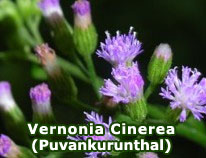
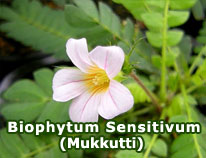
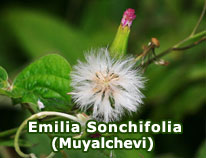
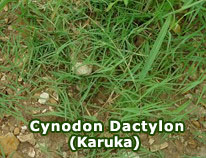
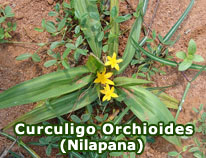
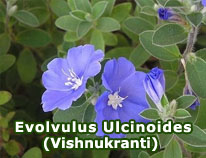
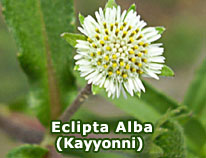
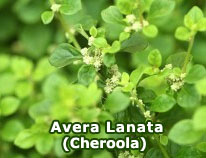
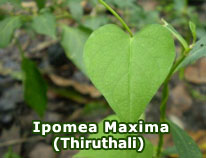
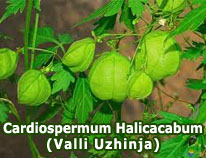
 Loading ...
Loading ...





